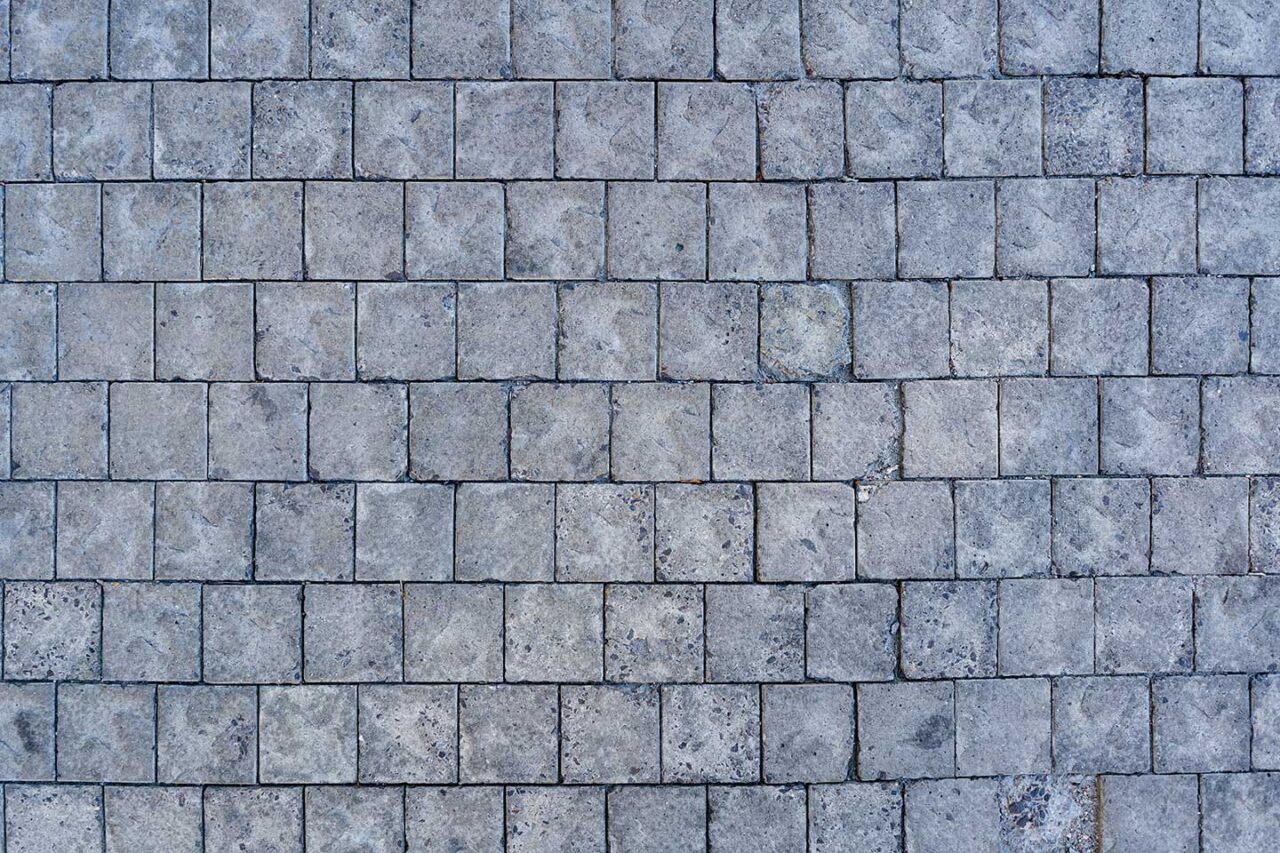Block paving is a commonly utilized surface material in the United Kingdom, extensively applied for driveways, patios, pathways, and commercial settings.
Block paving is a resilient and long-lasting surface option for driveways and patios. However, maintaining its cleanliness can present challenges, as evident in the image below.
Block pavers are vital in landscape design and find versatile applications, notably in driveways and patios.
Block paving comes in various patterns, each boasting its unique style and aesthetic charm, tailored for specific purposes. These patterns can seamlessly complement both traditional and contemporary homes. For driveways and patios, the herringbone pattern stands out as a favored choice, arranging the blocks at a 45-degree angle to each other. This arrangement distributes weight evenly, making it capable of supporting heavy loads. While the result may appear intricate and complex, skilled landscaping experts can create a stunning and visually appealing finish.
Cleaning and sealing block paving can rejuvenate older surfaces, giving them a fresh appearance. While larger areas of block paving may necessitate a commercial power washer, it’s usually unnecessary for most situations. Excessive pressure washing of block paving can destabilize the surface, making it an inadvisable practice.
Here are straightforward guidelines for DIY enthusiasts aiming to maintain the pristine appearance of their block-paved driveway or patio.
- Apply block paving sealer for lasting protection
- Re-sand the joints with kiln-dried sand
- Clean with a good block paving cleaner and leave to dry.
- If necessary, but not too regularly, pressure clean the drive.
- Treat oil stains quickly with oil remover
It’s as simple as that. By adhering to the aforementioned steps, you can ensure your block paving remains in excellent condition. The block paving sealer will solidify the sand within the joints, effectively deterring weed growth.
Block paving can have a long lifespan with proper care and routine maintenance. You don’t need to be an expert in driveway cleaning to keep a block-paved driveway clean and weed-free. A meticulously maintained block paved driveway not only boosts your home’s curb appeal but also enhances its overall value and functionality.
FAQS
Are pavers environmentally friendly?
Are pavers environmentally friendly? The answer depends on factors like material selection and installation. Permeable pavers that allow water absorption contribute to a greener choice by reducing runoff and aiding groundwater recharge. Additionally, opting for recycled or sustainable materials can further enhance the environmental friendliness of pavers.
Are pavers better for the environment than concrete?
Pavers provide a greener and eco-conscious alternative to concrete. Unlike concrete, pavers allow rainwater to seep into the ground, reducing runoff and the risk of flooding. They also aid in better heat absorption and regulation, mitigating the urban heat island effect. Moreover, pavers are easily replaceable and have a lower carbon footprint in production, making them a sustainable choice for eco-conscious projects.
What is the downside of a paver driveway?
A paver driveway’s drawback is its higher maintenance demands compared to alternatives like concrete or asphalt. Pavers can shift, settle, or become uneven over time, necessitating regular re-leveling and sealing. Weeds and grass may also grow between paver joints, requiring periodic weeding and upkeep. While paver driveways offer aesthetic appeal and design flexibility, they require more attention to keep them looking their best.
How do permeable pavers affect the environment?
Permeable pavers benefit the environment by reducing stormwater runoff, preventing flooding and erosion, and improving water quality through pollutant filtration. They also support sustainable urban development by facilitating rainwater infiltration and groundwater replenishment.


